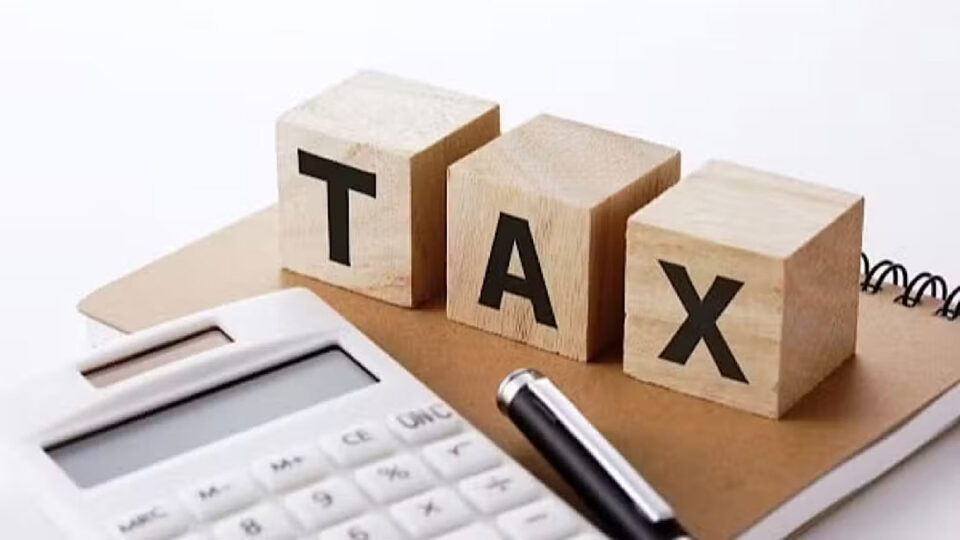FBR Announces Strict Action Against Sales Taxpayers Denying Access to Business Premises
The Federal Board of Revenue (FBR) has introduced strict measures against sales taxpayers who refuse to allow tax officers to monitor their business premises. Under the updated Sales Tax Rules 2006, manufacturers who obstruct tax officers from overseeing stocks, production, or clearances at their facilities now face the risk of suspension or blacklisting.
According to the revised rules, if the Commissioner Inland Revenue or the FBR finds credible evidence of violations, a standardized procedure will be applied across all Large Taxpayer Offices (LTOs) and Regional Tax Offices (RTOs) in line with Section 21(2) of the Sales Tax Act.
The new policy allows Commissioners to suspend a taxpayer’s registration immediately—without prior notice—if there is proof of fake invoicing, tax evasion, or fraud. Suspensions will remain in effect until the completion of inquiries.
In a step toward greater transparency, the FBR has also announced that public hearings will be held before final action, giving taxpayers the chance to present their side and address allegations.
Key grounds for suspension or blacklisting include:
-
Non-existence of the registered person at the declared business address.
-
Denying access to premises under Sections 40B and 40C or refusing to provide records under Sections 25 and 37 of the Sales Tax Act.
-
Business activity exceeding five times the combined value of capital and liabilities declared in the balance sheet.
-
Making more than 10% of purchases or supplies to suspended taxpayers in a given month, with certain exceptions.
-
Non-filing of sales tax returns for three consecutive months, null returns for six consecutive months, or committing any act falling under tax fraud.
The FBR stated that these measures are aimed at curbing tax fraud, improving compliance, and ensuring fair competition in the market.

